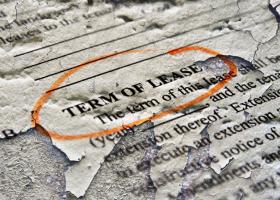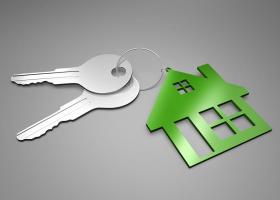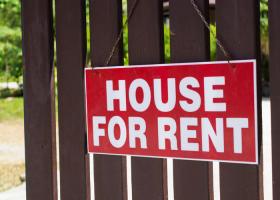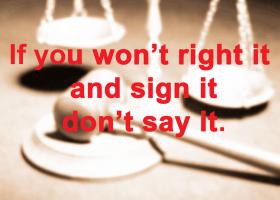9 Qualities tenants look for in a landlord

Being a landlord is not easy. It can come with all sorts of stresses and responsibilities but a lot of the stress can be alleviated by building a mutually beneficial landlord/tenant relationship.
Treating tenants well can go a long way towards attracting and retaining good tenants, and getting their cooperation when you need to undertake repairs or show the property to prospective new tenants or buyers. While the majority of landlords out there are good and strive to establish a good relationship with their tenants, there are some bad landlords out there too – you know the type we mean.
So what are the main qualities that separate the good landlords from the bad?
I have come up with these 9 qualities of a good landlord:
1. Communicates well
A good landlord is one who communicates well with their tenants, answers questions quickly and listens to their concerns. When a tenant moves in, he will provide them with his telephone number and an email address. Using email to communicate is in an excellent way to keep a written record of all communication between landlord and tenant.
2. Documents everything
A good landlord will ensure that a properly written lease is in place and is signed by all parties. The lease will document everything from the condition of the property, to the handling of the deposit and tenant’s behaviour. A well-drafted lease prevents any misunderstandings from occurring at a later stage.
3. Knows the law
There is a raft of legislation that governs landlord/tenant relationships. These laws cover subjects like rent, deposits, landlord and tenant rights, and evictions. A good landlord will be familiar with those laws and, more importantly, abide by them.
4. Maintains the property
Some landlords do a vanishing act as soon as the lease is signed and the tenant moves in. Requests to deal with issues like a plumbing problem are met with radio silence. A good landlord will make sure that the property is neat and tidy when the tenant moves in and will keep it well maintained. If something needs to be repaired the landlord will get it sorted as soon as reasonably possible.
5. Acts professionally
Letting property is a business and a good landlord will treat it as such. This means keeping the customer (read tenant) happy, making a profit and not making decisions based on emotion.
6. Is transparent
There’s nothing worse than moving into a property only to find out about the noisy neighbours or electricity issues afterwards. A landlord knows a lot more about his property than a prospective tenant does. If there were any issues previously he will tell the tenant about them upfront, rather than keep them in the dark. If the problem arises again he will be there to help them resolve it.
7. Is reasonable
A reasonable landlord will appreciate the fact that the tenant will want to personalise the property to a certain degree, so will allow them to make small changes like hanging up pictures or painting (provided they return the walls to the original colour afterwards). Getting their deposit back is often a major issue for tenants. An unreasonable landlord will find all sorts of reasons for not returning the deposit in full. A good landlord will treat the tenant fairly and know the difference between normal wear and tear and genuine damage to the property.
8. Respects the tenant’s privacy
Some landlords make unannounced visits or feel that they have a right to enter the property without the tenant’s permission. Besides being a violation of the tenant’s privacy, any landlord who does this would be in breach of the law. A good landlord will be reasonable in their requests for access to the property and will do so within the boundaries laid out by law.
9. Exercises compassion
Most tenants will pay their rent on time but an unexpected event can cause them to run into financial difficulty. If a previously reliable tenant has a temporary issue like a family tragedy or a large medical bill, a compassionate landlord who shows some understanding and works with them through the tough time can make all the difference.
The tenant/landlord relationship is often a fractious one, but it need not be. A little bit of understanding, respect and professionalism from both parties can go a long way to creating a positive working relationship between both parties.













